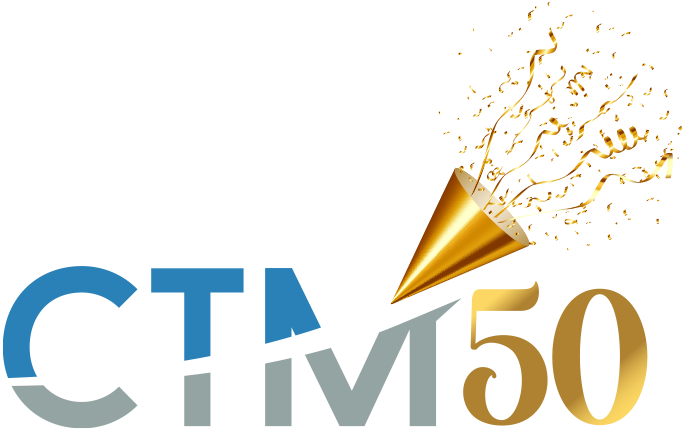Many tax deductions and credits that expired in 2017 and 2018, or were about to expire in 2019, have been resurrected in Congress’s two appropriations bills (H.R. 1158, Consolidated Appropriations Act and H.R. 1865, Further Consolidated Appropriations Act). President Trump signed the bills into law on Friday, December 20th.
Below are some of the key tax provisions extended into 2020.
Individual Tax Extenders
- Medical Deduction: The 10% adjusted gross income (AGI) floor for medical and dental expense deductions are dropped back down to 7.5%. The Tax Cuts & Jobs Act had raised it 10%.
- Mortgage Debt Forgiveness: A new provision allows the exclusion from gross income of income attributable to the discharge of indebtedness on a principal residence.
- Private Mortgage Insurance Premium – Homeowners may deduct their mortgage insurance premiums (i.e. additional monthly costs for individuals providing less than 20% of sales price down payment), subject to a phase-out beginning at $100,000 of AGI.
- Tuition and Fees Deduction – Although expired in 2017, you may once again, be able to deduct up to $4,000 a year in higher education tuition costs and other expenses. Because this is an above the line deduction, you do not have to itemize to get it.
- Plug-in Vehicles – The new law provides a 10% credit, capped at $2,500 for highway-capable, two-wheeled plug in electric vehicles. The vehicles that qualify for this provision must have a battery capacity greater than or equal to 2.5 kilowatt-hours
- Kiddie Tax Fixed – Under the Setting Every Community Up for Retirement Enhancement (SECURE) Act, attached to H.R. 1865, changes to the Kiddie Tax brought about by the Tax Cuts and Jobs Act (TCJA) are repealed in so far as TCJA required income over a certain threshold to be taxed at the trusts and estate highest rates. Now, the computation of kiddie tax goes back to the old rules.
Business Tax Extenders
- Family and Medical Leave Credit – Employers may claim credit for providing employees with paid family and medical leave for up to 12 weeks. The credit ranges from 12.5% to 25% of the paid wages.
- New Markets Tax Credit (NMTC) – The NMTC program, designed to stimulate investment and economic growth in low-income urban neighborhoods and rural communities, was extended another year and received a $1.5 billion increase (from $3.5 billion to $5 billion) in allocation.
- Investments in Empowerment Zones (EZ) – The EZ program encourages businesses to invest in distressed communities. These tax incentives (e.g., tax credit of up to $3,000 for employers hiring individuals living in EZ to work in facilities in EZ) are retroactively extended through 2020.
- Work Opportunity Tax Credit (WOTC) – Employers may obtain a tax credit (40% of the workers first-year wages up to $6,000 or $2,400) for each WOTC qualified worker hired. WOTC qualified workers are a targeted group of individuals facing obstacles to employment. In some cases, the credit may reach up to $9,600 for a disabled veteran.









